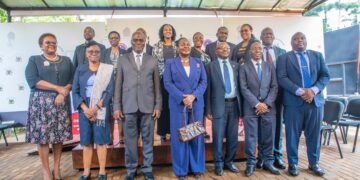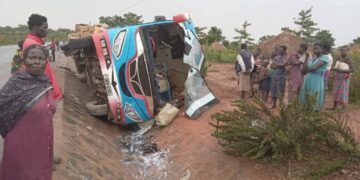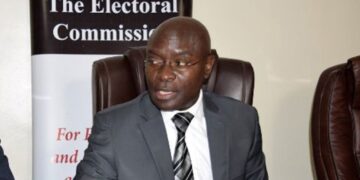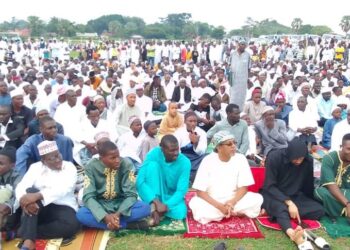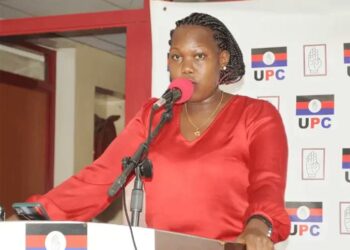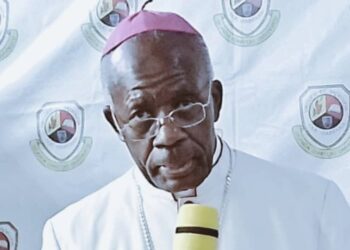OPINION
In many African societies, traditional gender roles have long dictated the roles and expectations for boys and girls. However, the boy child still grapples with pressure to conform to traditional definitions of masculinity. Advocates argue that empowering the boy child means breaking these stereotypes and fostering a sense of equality.
One of the key factors in empowering boys is access to quality education. Unfortunately, in Uganda, this remains a challenge. The education system and schools set up in the communities do not guarantee equal opportunities for all children. The high school fees imposed make it difficult for everyone to go to school, and as a result, statistically more than half of boys in Uganda who start their education do not reach university level.
Another issue faced by boys in Uganda is the pressure to engage in child labor. Limited resources and early dropouts further perpetuate the cycle of inequality. Boys are often asked to drop out early to create space for girls to study, creating a significant gap in educational opportunities.
To address these challenges, experts suggest providing mentorship tools and positive role models for boys. Men and women of importance in the communities should position themselves to guide, inspire, and impart valuable life skills. By doing so, these mentors and role models can help these young boys navigate the challenges of adolescence, instill a sense of responsibility, and foster a commitment to community and nation building.
It is important to note that empowering and mentoring the boy child is not in competition with the status of girls in the community. Instead, it is about encouraging everyone to embrace a sense of equality. By breaking these stereotypes, providing access to quality education, offering mentorship and role models, and ensuring their physical and mental well-being, boys can be empowered to make responsible life decisions and realize their dreams and aspirations.
The empowerment of the boy child should be seen as an integral part of fostering a more equal society. By addressing issues such as access to education, mentorship, and healthcare, Uganda can break the cycle of inequality and create a brighter future for all its children.
The writer is Samuel Casa a boy child advocate.

















